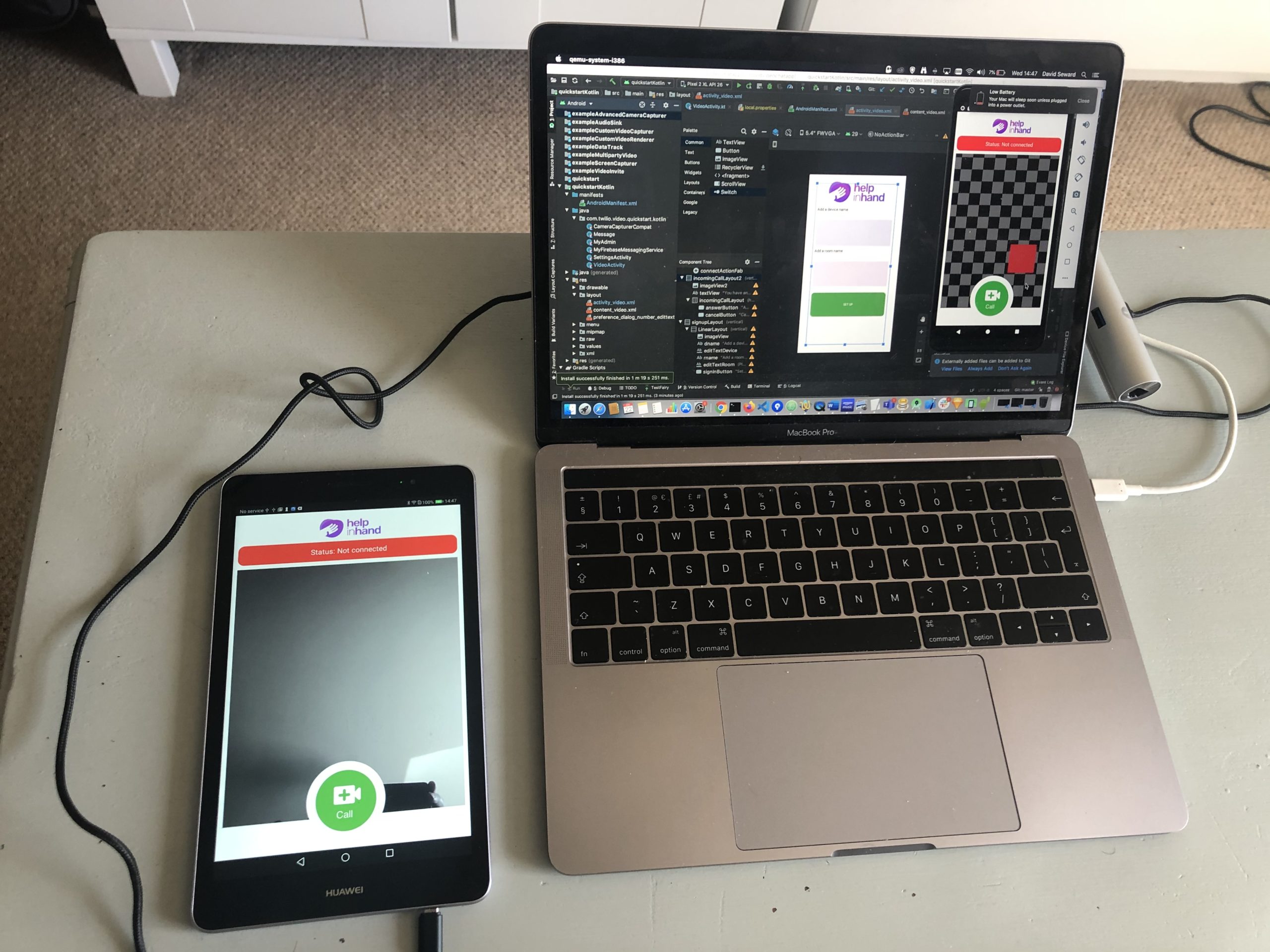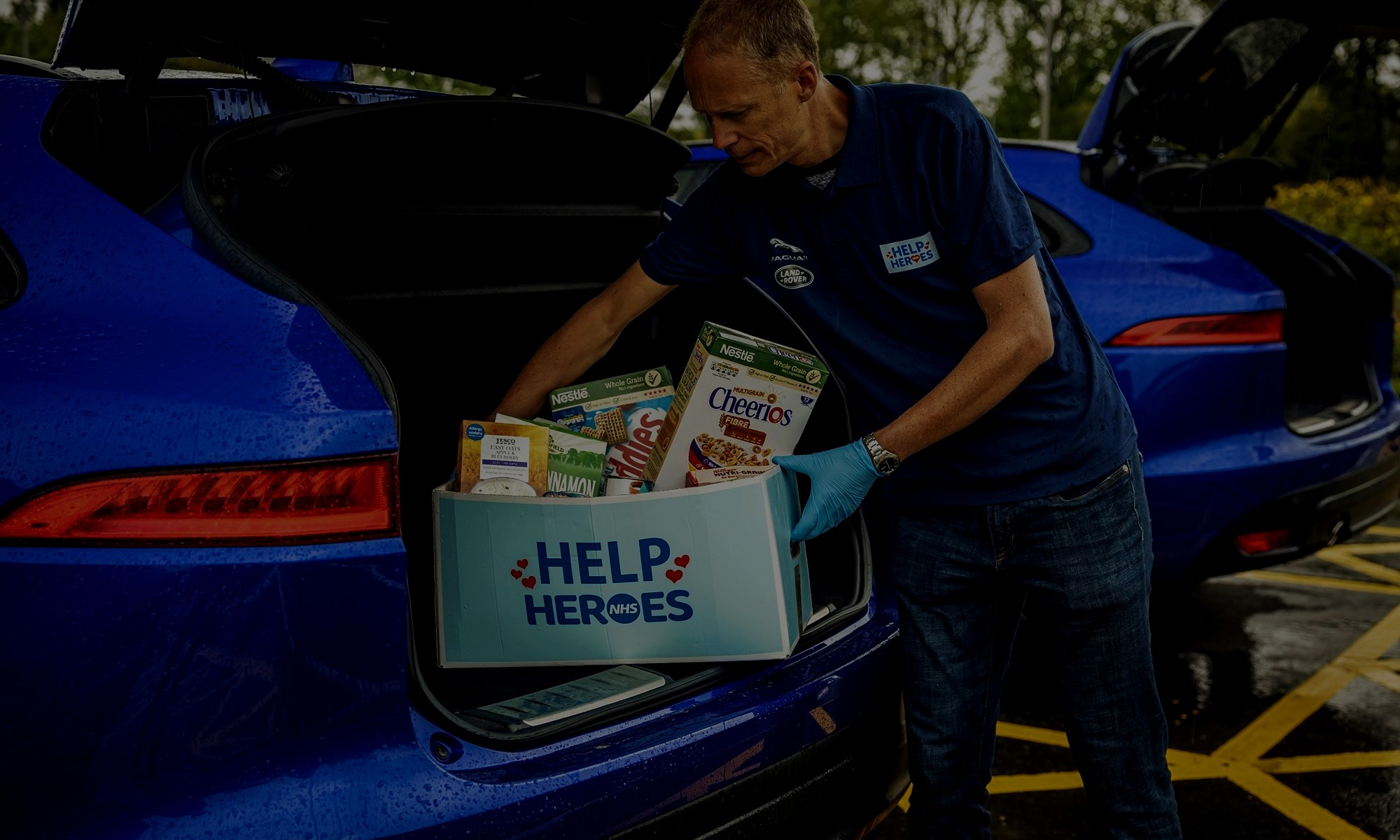Three creative tech solutions brought to life in response to the pandemic
As a social enterprise, we’ve learnt some valuable lessons over the past few months when it comes to providing digital solutions for good causes. We’ve had to move quickly to give our support and add value where we can during uncertain times.
With the work we do predominantly taking place across the charity sector, we’ve found ourselves in a position to help bring some brilliant initiatives to life that are making a difference for people in need.
Here are some of the journeys we’ve been on in these last few months and how innovative tech solutions have been crucial to creating impact at scale.
Reaching the most isolated
Something we’ve always known – but has been significantly more important over the past few months – is thinking creatively when trying to find solutions for unique problems. Putting the user at the heart of everything we build and create, we know it’s about hearing people on the ground to understand the problems that matter most.
When shielding measures came into place, we heard from volunteers and mutual aid groups that some of the most vulnerable have low digital literacy. While some of us couldn’t imagine a life without technology, there are plenty of people who can’t use or don’t have access to smartphones, meaning they’ve become even more isolated from their loved ones and the rest of society during the lockdown.
We were told they would love a magic device that could be posted through their letterbox, have one button to press, and it would connect a video call with a volunteer or family member.

After rapidly prototyping an app that takes over the devices, we’ve made it available for free to any group that can make use of it. If you are interested in learning more, please get in touch.
Rapidly enabling assistance for key workers
Unexpected problems need quick solutions. With COVID-19, we weren’t blessed with months of warning and preparation time. The problem started, it got worse, and then we all had to try to make a difference.
With this in mind, we quickly learnt that it’s the impact you’re able to have that matters, not the fancy wrapping a solution comes in. At a time where we need things now, people are more than happy to accept that things aren’t going to be perfect, so long as the solution delivers social good and is safe. Perfection can sometimes lead to inaction, which is something we don’t want.
An example of this is an incredible initiative from Jason Mawer, who decided “enough was enough” after seeing the emotional appeal by critical care nurse, Dawn Bilborough. After an exhausting shift for the NHS, Dawn went to the supermarket only to be greeted by empty shelves. Jason wanted to do something. So he set out to create Help NHS Heroes as a way of distributing food directly to NHS workers at hospital premises after their long shifts.
We wanted to help, so we got straight down to it. Over one weekend, our team put together a site. We built something functional and fit for purpose, but even more importantly, we got it turned around quickly. Meaning we could start supporting NHS key workers with essential food packages as soon as possible.

Preventing trauma
The final lesson we’d like to share is on the importance of thinking ahead. Instead of looking at problems as they arise, you can prevent them from even occurring if you put help in place ahead of time.
1stcontact is a self-help resource we put together pro-bono. It came about after we received contact from a leading expert in trauma therapy working on the frontline. Shiraz Farrand quickly noticed that frontline workers were showing signs of trauma as a response to what they were seeing and dealing with in hospitals and homes. She wanted to do something about it and coordinated the creation of self-help exercises and tools from renowned trauma specialists around the world.
We made these available digitally, bringing them together on a simple and informative site that has a directory of videos and downloadable resources that can be self-performed by frontline workers to help reduce the onset of trauma.
The exercises are described as being like “washing your hands for the mind”. It’s about encouraging frontline workers to get into the habit of looking after themselves so they can hopefully minimise their personal experience of trauma.
While the last few months have been tough, we’re so proud to be working alongside remarkable people like Jason Mawer and Shiraz Farrand. They are stepping up to improve the lives of others in the midst of the crisis. Working with folks like these has challenged us to be better, working harder to find ways to get vital resources online quickly on little or no budget. They’ve re-inspired us to embrace creative and imperfect solutions and to think about how tech for good can provide prevention as well as a cure.
To them and everyone else driving positive change during the pandemic, we thank you.
